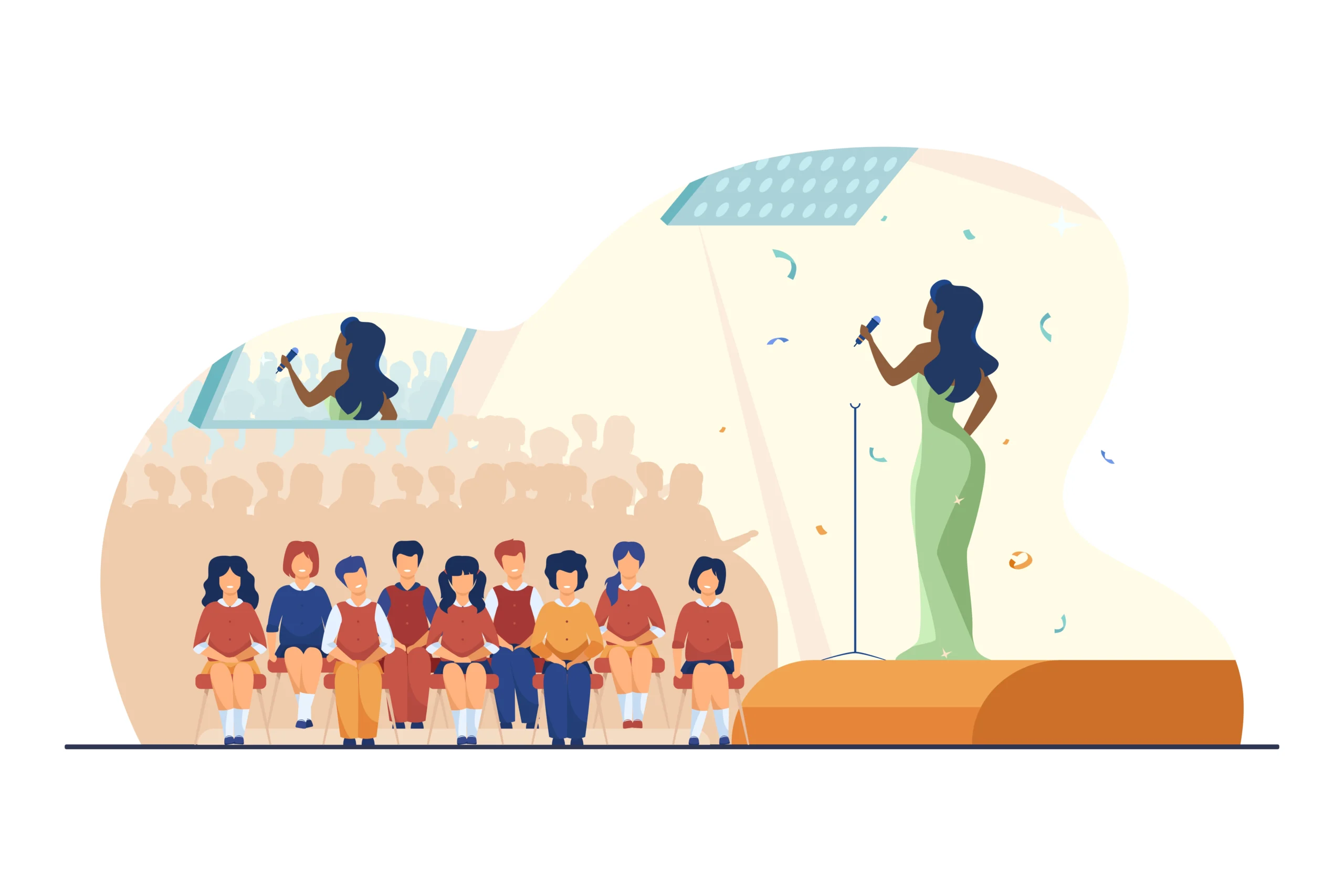Interactive trivia games have become a popular form of entertainment, whether it’s at a pub, corporate event, or family gathering. These games not only entertain but also engage participants in a fun and competitive way. Creating a memorable trivia experience for a live audience involves careful planning, creativity, and understanding the dynamics of your audience. This article will guide you through the process of crafting interactive trivia experiences that leave a lasting impression.
Understanding Your Audience
Know the Demographics
The first step in creating a successful interactive trivia experience is to understand your audience. Consider the age, interests, and knowledge level of your participants. For instance, a trivia game for a group of tech-savvy millennials might include questions about pop culture, technology, and recent events, while a game for a more mature audience might focus on classic movies, history, and literature.
Gauge the Difficulty Level
It’s crucial to strike the right balance between easy and challenging questions. If the questions are too difficult, participants might become frustrated; if they are too easy, the game could become boring. A mix of question difficulties keeps everyone engaged and ensures that the game is fun for all participants.
Designing the Trivia Game
Choose a Theme
Selecting a theme can make your trivia game more engaging and memorable. The theme can be broad, such as general knowledge, or specific, like 1980s pop culture or sports trivia. Themed trivia nights often attract participants who are passionate about the subject, making the competition more exciting.
Crafting the Questions
When writing trivia questions, clarity is key. Ensure that questions are concise and unambiguous. Use multiple formats to keep the game interesting, including multiple-choice, true/false, and open-ended questions. Incorporating multimedia elements, such as images or music clips, can also enhance the experience.
Sample Question Formats:
- Multiple Choice: “Which planet is known as the Red Planet? A) Venus B) Mars C) Jupiter D) Saturn”
- True/False: “The Great Wall of China is visible from space. True or False?”
- Open-Ended: “Name the artist who painted the Mona Lisa.”
Incorporate Interactive Elements
To make your trivia game truly interactive, consider adding elements that require audience participation beyond just answering questions. This could include:
- Live Polling: Use audience response systems or apps to collect answers in real-time.
- Team Challenges: Encourage participants to work in teams, fostering collaboration and adding a social element to the game.
- Bonus Rounds: Offer bonus points for creative answers or completing a physical challenge, like a dance-off or drawing competition.
Utilizing Technology
Trivia Apps and Platforms
There are several trivia platforms and apps that can enhance your live trivia experience. These tools often come with features like live scoring, time limits, and multimedia integration. Some popular platforms include Kahoot!, Slido, and Quizizz.
Real-Time Feedback
Using technology allows for real-time feedback, which can make the game more dynamic and engaging. Participants can see their scores immediately after each round, adding to the excitement. This also helps maintain the game’s momentum, keeping the audience engaged throughout.
Creating an Engaging Atmosphere
The Role of the Host
A good host is crucial to the success of a trivia game. The host should be energetic, personable, and able to engage with the audience. They should keep the game moving at a good pace, explain the rules clearly, and encourage interaction among participants.
Setting the Scene
The environment where the trivia game takes place also plays a significant role in the experience. Whether it’s in a bar, conference room, or backyard, ensure the space is set up for maximum engagement. Good lighting, clear visibility of screens or boards, and comfortable seating are essential.
Using Music and Sound Effects
Music and sound effects can greatly enhance the trivia experience. Play background music that suits the theme of your trivia game. For example, 80s trivia could feature hits from that era. Use sound effects for correct answers, time’s up, or to announce winners, adding an auditory element that heightens the excitement.
Keeping the Audience Engaged
Involve the Audience
Interactive trivia should involve the audience beyond just answering questions. Encourage participants to share their thoughts, cheer for their teams, and discuss answers during breaks. This interaction makes the event more social and enjoyable.
Offer Prizes and Incentives
Offering prizes, no matter how small, can increase participation and competitiveness. Prizes could range from free drinks or gift cards to small trophies or bragging rights. Consider having a grand prize for the overall winner and smaller prizes for the winners of individual rounds.
Adapt to the Audience’s Mood
Be prepared to adapt the game based on the audience’s mood and energy levels. If the participants seem disengaged, try speeding up the game or introducing a surprise round. Conversely, if the audience is enjoying a particular round, you might extend it or add similar questions.
Conclusion
Creating an interactive trivia experience for live audiences is an art that combines knowledge of your audience, creative question design, and the use of technology to engage participants. By understanding your audience, crafting well-thought-out questions, incorporating interactive elements, and setting the right atmosphere, you can create a trivia experience that is both fun and memorable. Remember, the key to a successful trivia event is engagement—keeping your audience entertained and involved throughout the entire game. Whether you’re hosting a trivia night at a pub, a corporate event, or a family gathering, these tips will help you create an interactive experience that participants will talk about long after the event is over.



